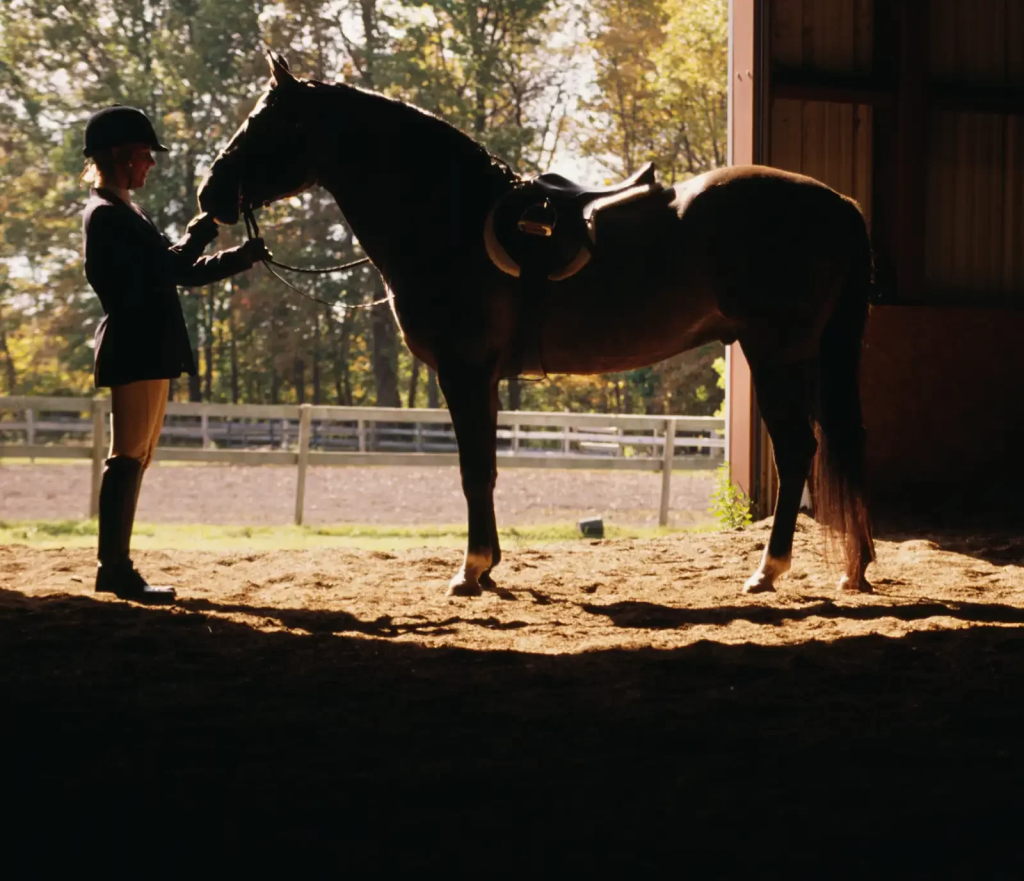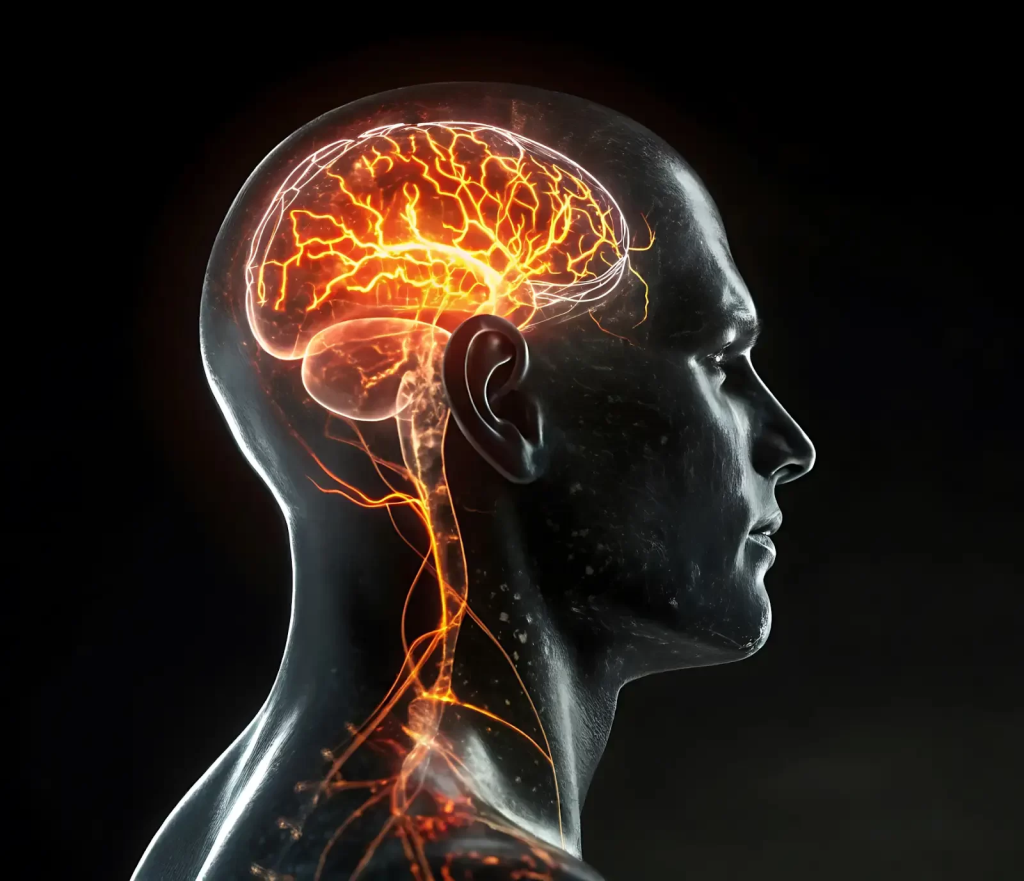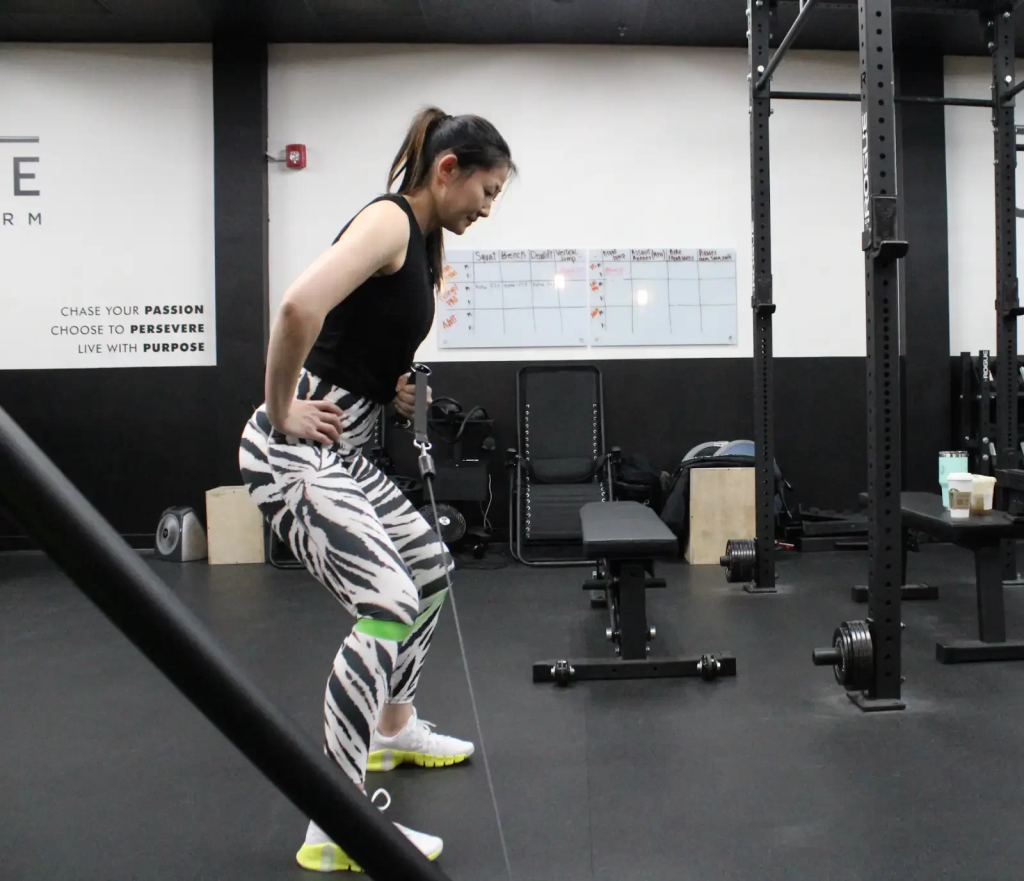
UNITE.rehab.perform
Denver's Best Sports Physical Therapy
Show Season Recovery: The Overlooked Rider Routine

As equestrians, we spend endless hours planning recovery for our horses after a busy show season. We give them time off, adjust their feed, call the vet or farrier, and map out their off-season schedule.
But what about you?
Long competition days, travel, stress, skipped meals, and the physical demands of riding all take a toll. Ignoring rider recovery can leave you sore, depleted, or even injured when it’s time to gear up for the next season.
A structured equestrian off-season training plan isn’t a luxury. It’s the key to coming back stronger, more balanced, and ready to ride at your best.
Here’s what every rider should consider once the last ribbon is hung up.
Fuel Your Body Like an Athlete
Show days often mean “grab whatever you can, when you can.” A coffee and muffin at dawn, a granola bar between classes, and concession stand leftovers by evening. Sound familiar?
While that might get you through the day, it doesn’t support show season recovery. Riders are athletes, and athletes need quality nutrition to rebuild.
Post-ride recovery fuel: Within 30–60 minutes of a tough lesson or competition, focus on protein and carbs. Try a protein shake with fruit, Greek yogurt and granola, or a turkey sandwich to kickstart recovery.
Hydrate intentionally: Dehydration affects balance, focus, and reaction time in the saddle. Sip steadily throughout the day rather than waiting until you’re thirsty.
Plan ahead: Portable, nutrient-dense snacks like protein bars, jerky, or trail mix help you avoid sugar crashes and keep energy stable.
Good nutrition isn’t just for your horse. It’s a foundation for equestrian fitness and performance.
Prioritize Sleep & Nervous System Reset
Ever feel “wired” after a show day? That’s adrenaline. Stress hormones help you stay sharp in the ring, but they don’t disappear on the drive home. Without quality sleep, your reaction time, balance, and decision-making in the saddle can suffer.
Create a wind-down routine: Stretching, a hot shower, or deep breathing helps signal to your body that it’s time to recover.
Limit screen time: Blue light delays melatonin, making it harder to fall asleep.
Stay consistent: Aim for regular bed and wake times, even on travel weekends.
Sleep is a critical part of equestrian athlete training, not just “downtime.”

Stress Management Off the Horse
Show season brings excitement but also high stress. Hauling, scheduling, competing, and juggling life outside the barn all add up. That stress doesn’t just live in your head; it shows up in your muscles, breathing, and posture in the saddle.
Try incorporating these simple injury prevention for riders strategies:
- — Breathwork in the barn: A few slow, deep breaths before tacking up calms your nervous system.
- — Active recovery: Light walking, yoga, or gentle stretching helps flush tension and reduce soreness.
- — Structured downtime: Rest days aren’t lazy days. They are essential to staying healthy.
Build Your Off-Season Plan
The off-season is your chance to get stronger, healthier, and more balanced — so you come back next year riding better than ever. At UNITE, here in Thornton, CO, we consistently see that equestrians who invest in their own training the way they do for their horses:
- — Sit taller and ride with better posture
- — Cue more effectively
- — Maintain endurance through long show days
- — Experience fewer nagging aches and overuse issues
Here’s what to include in your equestrian off-season training:
- — Strength training: Focus on core, glutes, and upper back to improve stability and alignment.
- —Mobility work: Target hips, shoulders, and the thoracic spine to stay supple and responsive.
- —Cardio conditioning: Even moderate cardio improves endurance for competition days.
- —Rider mobility exercises: Small, consistent mobility routines go a long way in preventing stiffness and compensations.

Working with a performance physical therapist for riders can help pinpoint weak spots, correct imbalances, and create a tailored plan to keep you strong and pain-free.
Final Thoughts: Invest in Your Own Recovery
Your horse isn’t the only athlete in the partnership. Prioritizing rider recovery through proper nutrition, sleep, stress management, and smart training pays off in sharper riding, greater resilience, and fewer injuries.
This off-season, give yourself the same level of structured care you give your horse. Whether you’re focused on equestrian-specific strength training, mobility, or performance therapy, the work you do now sets the stage for a stronger, more confident season ahead.
Want Support with Your Off-Season Plan?
At UNITE.rehab.perform, we offer performance physical therapy for riders, off-season training programs, and individualized assessments to help equestrians build strength, mobility, and resilience for the long haul.
[Contact us here] to schedule your off-season rider assessment.
©2020-2025 UNITE.rehab.perform LLC. All rights reserved.
UNITE.rehab.perform does not provide medical advice, diagnosis, or treatment through this website or related content. See additional information.